Excellent acceptance topics are not applied in practice
At the ceremony to commend collectives and individuals with outstanding achievements in science , technology (S&T) and innovation and start-up activities in the area on the occasion of Vietnam Science and Technology Day on May 18, Vice Chairwoman of Da Nang People's Committee Nguyen Thi Anh Thi hoped that experts and scientists would continue to research, promote the application of S&T into practice, gradually commercialize research results, and link research results with innovation and start-up activities.
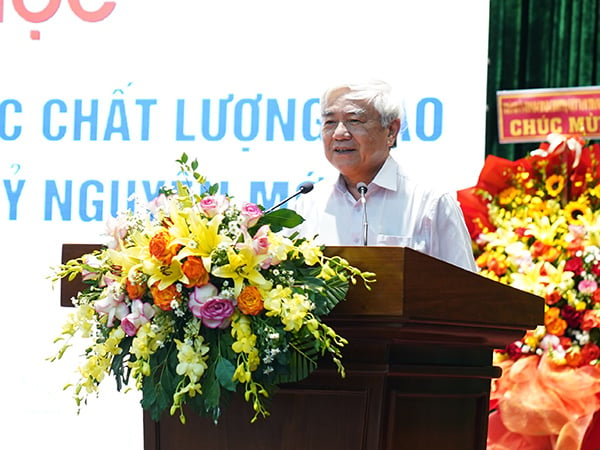
Dr. Nguyen Quan spoke at the meeting between Da Nang City leaders and experts and scientists on the afternoon of May 20.
“Promoting commercialization of research” is also one of the key issues discussed by Dr. Nguyen Quan - former Minister of Science and Technology, Chairman of Vietnam Automation Association at the meeting of Da Nang City leaders with nearly 350 Professors, Associate Professors (GS, PGS), experts, and scientists on the afternoon of May 20.
According to him, for many years, public opinion has always complained about the situation of topics being “put in drawers”, excellent topics being accepted but not being applied in practice. The topics and projects of science and technology research in Da Nang City are no exception to this situation. The reason is due to the two biggest obstacles that have not been overcome at the present time.
Dr. Nguyen Quan said that after acceptance, the topics may be excellent and have the potential for commercialization, but they cannot be transferred to production and business because they do not implement the ownership transfer mechanism. According to the State Budget Law and the Law on Management and Use of Public Assets, the results of research using the State budget are the property of the State. Scientists cannot transfer them to businesses because they violate the State's ownership rights.
The 2013 Law on Science and Technology has mentioned and the guiding circular has also stipulated that the assignment of ownership is the authority of the Ministers of ministries, Chairmen of People's Committees of provinces and cities - the representatives of state ownership in ministries and localities. However, through monitoring, Dr. Nguyen Quan said that so far, there have been only a few cases where there have been decisions on assignment of ownership, while most have not carried out the assignment procedure, while many research results have the potential for commercialization and high applicability, and have a market.
He emphasized that the state is nominally the owner, but the state cannot directly carry out procedures to transfer or assign research results to businesses, because the technological secrets and technological processes are held by those who do the research.
According to experience in developed countries, even though the state funds research, when acceptance and evaluation are completed, it is implicitly stipulated that the research results are owned by the scientist in charge of the task, and the scientist has full ownership of his research results to register intellectual property, transfer or contribute capital to an enterprise.
Biggest bottleneck: Pricing issue
Dr. Nguyen Quan said that according to current regulations, state assets must be valued when transferred to the private sector or to enterprises, but valuing intangible assets is extremely difficult.
“It is difficult to value tangible assets such as factories, land, machinery, equipment, etc.; it is even more difficult to value research results, patents, technological solutions, and technological know-how, which are intangible assets. This is the biggest bottleneck in technology transfer to businesses,” he said.
He said that the general trend in developed countries is that the state does not directly recover investment capital when transferring research results to businesses. Instead, the state allows scientists to negotiate the value of research results with businesses to proactively transfer and contribute capital to businesses, and the state indirectly recovers investment capital through business taxes.
When businesses apply research results, they will innovate production technology, create new products, increase revenue and profits, and the additional tax will be many times larger than the state's investment in research topics.
Dr. Nguyen Quan commented: "Doing so is to nurture revenue sources through the state assigning ownership and pricing rights to scientists, and scientists are given the right to self-price for transfer or contribute capital to businesses using intellectual property as research results."
Da Nang needs to pilot the transfer of ownership and valuation to scientists?
Dr. Nguyen Quan said that the National Assembly has issued Resolution 193/2025/QH15 on piloting a number of special policy mechanisms to create breakthroughs in science and technology development, innovation and national digital transformation. However, this Resolution stipulates that ownership of research results is only assigned to the agency in charge of science and technology tasks using the state budget, not directly to the task leader.
Based on the National Assembly's promulgation of Resolution 136/2024/QH15 on the organization of urban government and piloting a number of specific policy mechanisms for Da Nang's development, he proposed that the city pilot the application of a higher default mechanism than the provisions of Resolution 193. "That is, when the research is successful, the ownership belongs to the scientist in charge of the topic. This will remove the obstacles and certainly the number of research topics that are "put in the drawer" will be greatly reduced," said Dr. Nguyen Quan.
He recommended that the People's Council of Da Nang City issue a Resolution to pilot the assignment of ownership and the right to evaluate research results from state budget sources to scientists in charge of research tasks at the city and grassroots levels to register intellectual property and commercialize scientific and technological results (transfer, contribute capital to enterprises, declare capital when establishing scientific and technological enterprises).
Former Minister of Science and Technology Nguyen Quan emphasized: “This resolution will solve two problems: ownership and pricing. Scientists will have high incomes based on their intelligence without needing special salary or allowance regimes.”
Source: https://doanhnghiepvn.vn/cong-nghe/giai-phap-thao-go-tinh-trang-bo-ngan-keo-ket-qua-nghien-cuu-khoa-hoc/20250522074001729





![[Photo] Prime Minister Pham Minh Chinh chairs the Government's special meeting on law-making in May](https://vphoto.vietnam.vn/thumb/1200x675/vietnam/resource/IMAGE/2025/5/22/1c880aae96fd4e0894abc47a46fe19ba)

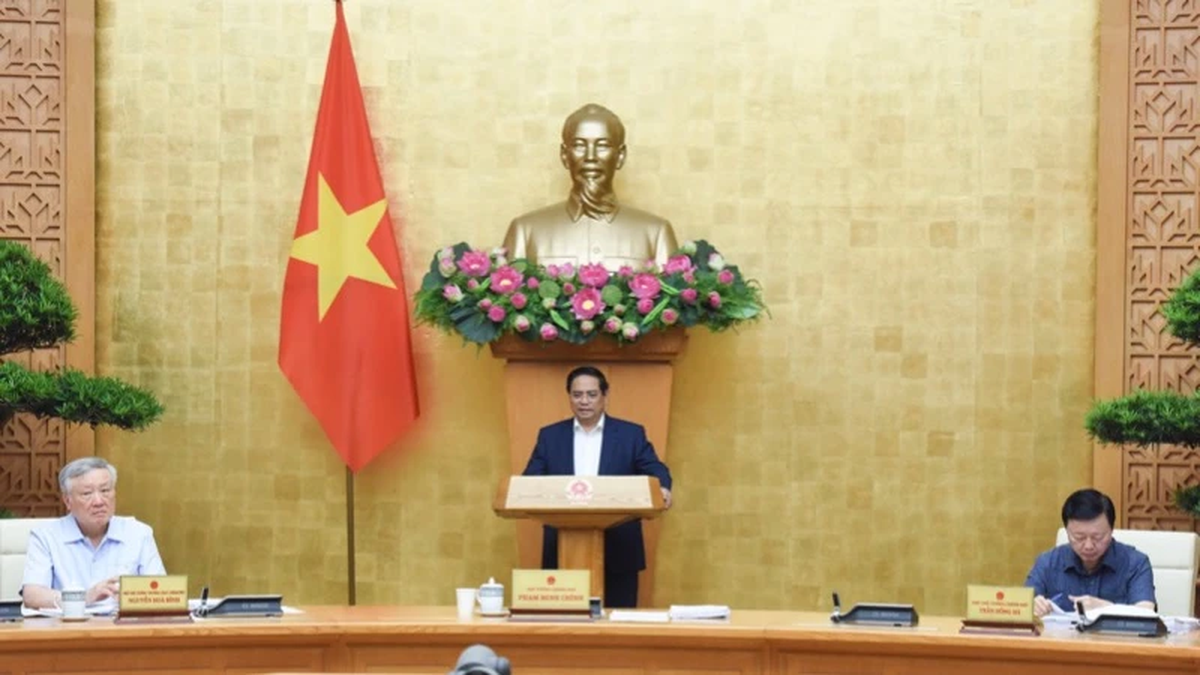


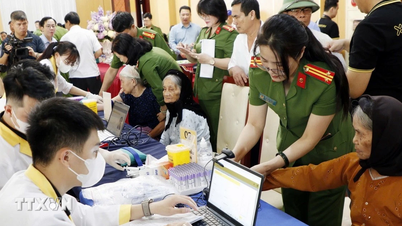

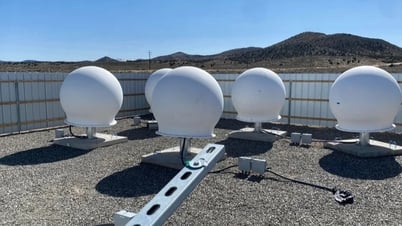
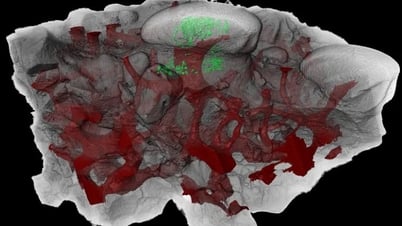

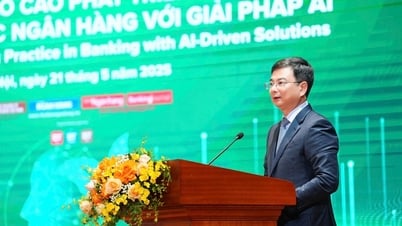




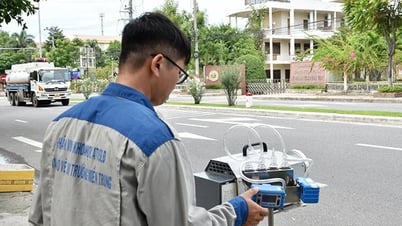

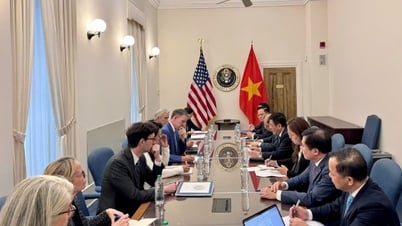
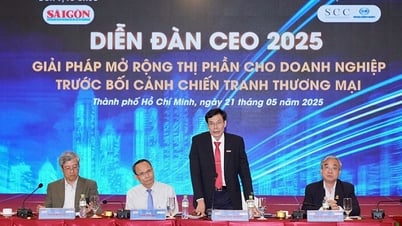

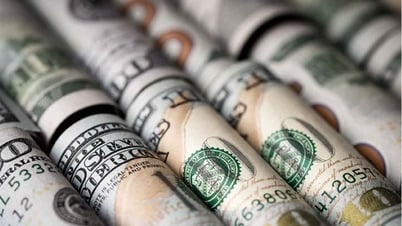





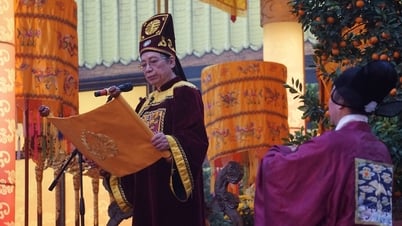

















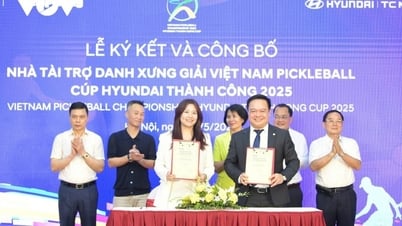













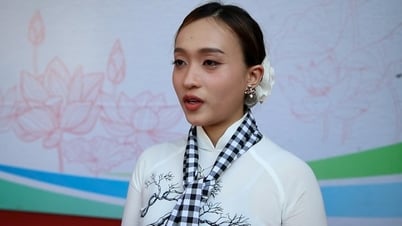
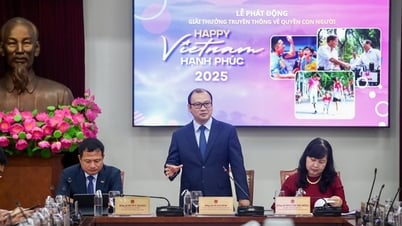
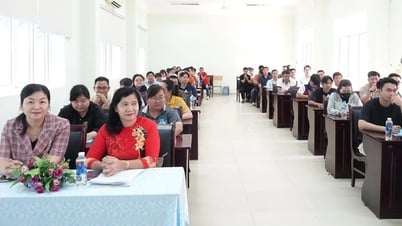


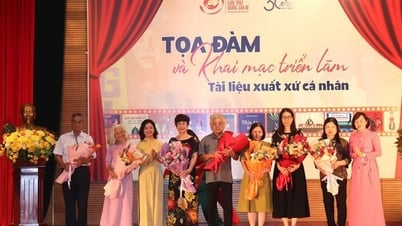
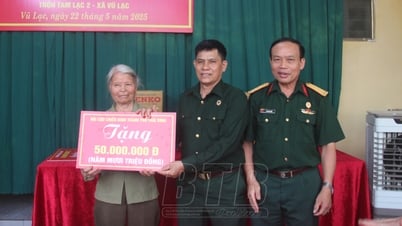

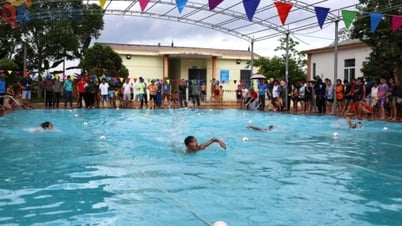
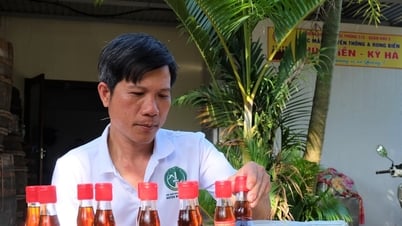

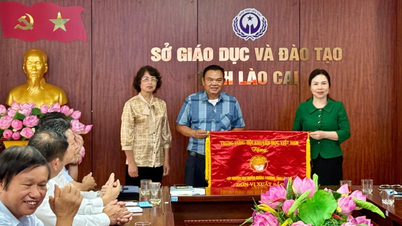

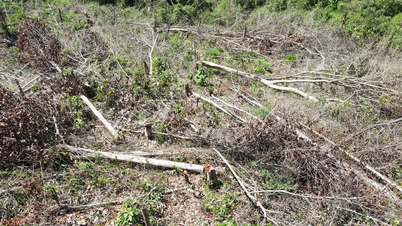

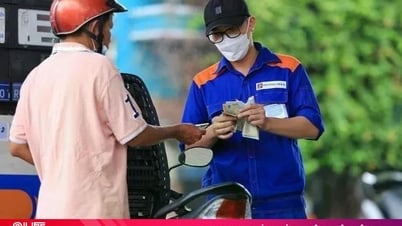






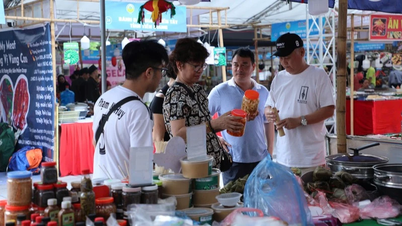
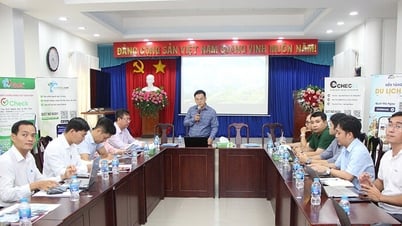

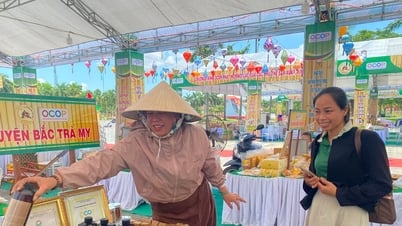
Comment (0)